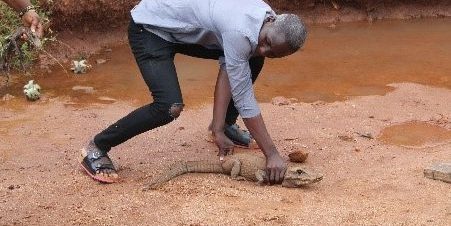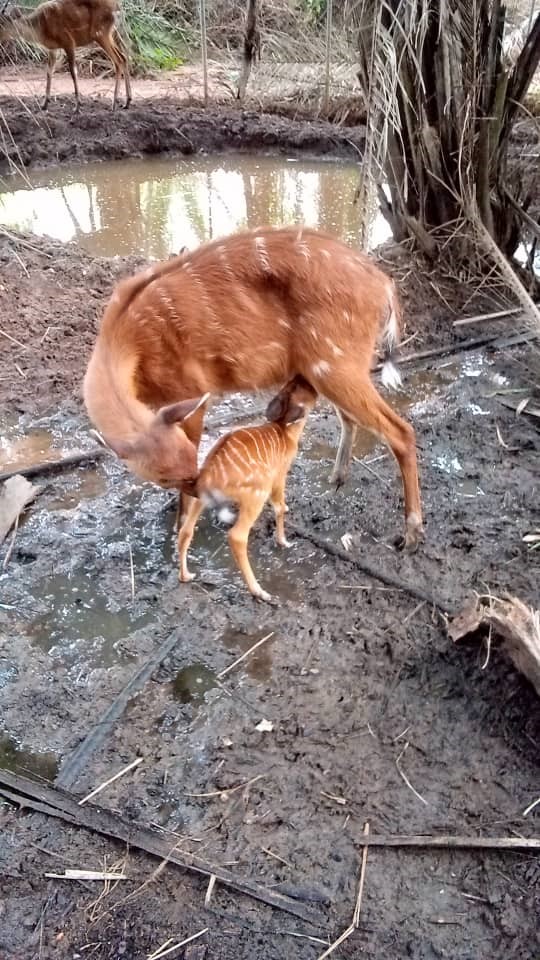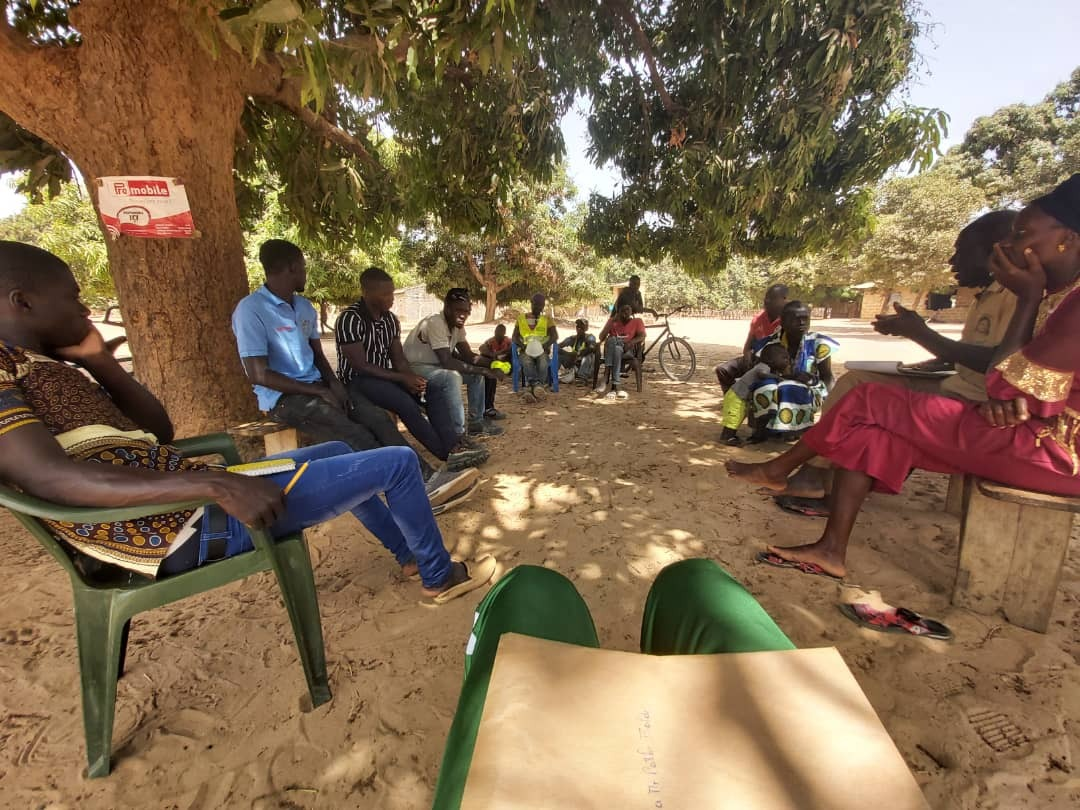
News from the field: The Rapid Action Grant
Published on 24 June 2021A RAPID RESPONSE GRANT TO ALLEVIATE THE EFFECTS OF THE PANDEMIC ON ANIMALS AT THE SITATUNGA VALLEY ANIMAL SANCTUARY IN BENIN
Since the advent of the COVID-19 crisis, CREDI-ONG – like other Beninese tourism actors – has been suffering the consequences of a drastic drop in the number of visitors. The fall in tourist revenues has created difficulties in ensuring the feeding and care of animals in its animal shelter. It is in this context that the organization applied for and obtained a Rapid Response Grant (RRG) from the Small Initiatives Program (SIP) in December 2020.
With this grant, CREDI ONG was able to :
– continue to cover the shelter’s food and veterinary expenses ;
– strengthen its team dedicated to the care of animals through the mobilization of an intern. In the end over the period ;
– set up vegetable growing areas (bananas, sweet potatoes…) to improve the food autonomy of the refuge.
– Strengthen the visibility of the “Sitatunga Valley Destination”, allowing to better “capture” local visitors and to patiently tend towards a resumption of the pre-covid tourist frequentation within the Sitatunga Valley.
For the biodiversity of the Park, this maintenance of the activity of the Refuge will have allowed in particular:
– The return to nature of 06 juvenile dwarf crocodiles (VU / IUCN) born and pre-grown at the Refuge;
– The birth in captivity of a new baby sitatunga (VU /IUCN-Benin) which will be released in 2022;
– The reception and identification of a young cobra (Naja savannuala) belonging to a new species for the Sitatunga Valley;
– The return to the wild of 02 tricuspid pangolins (EN / IUCN) recovered from a private individual.

The Réserve Ornithologique de Kalissaye, Sénégal:
With the COVID19 pandemic, many fishermen from Kafountine (one of Senegal’s main artisanal fishing port) who used to go fishing far from Casamance limited their movement, increasing pressure on the marine and coastal resources of the Ornithological Reserve from Kalissaye. The ROK management committee therefore decided to act urgently to limit these impacts. For this, three axes were followed:
– Direct sensitization of fishermen.
– The creation of an Inter-Village Surveillance and Protection Committee (CIVSP) specifically focused on surveillance. It consolidates the governance work in progress within the management of the ROK and gives clear attributions to representatives of the 10 villages of the ROK.
– Finally, an oyster farmer cooperative has been formalized and its official recognition submitted to the prefecture. This will help to better organize operations and optimize income. This step also allows the involvement of the cooperative and its members in the management of the sites and in the direct sensitization of the inhabitants of the area.

Création du CIVSP